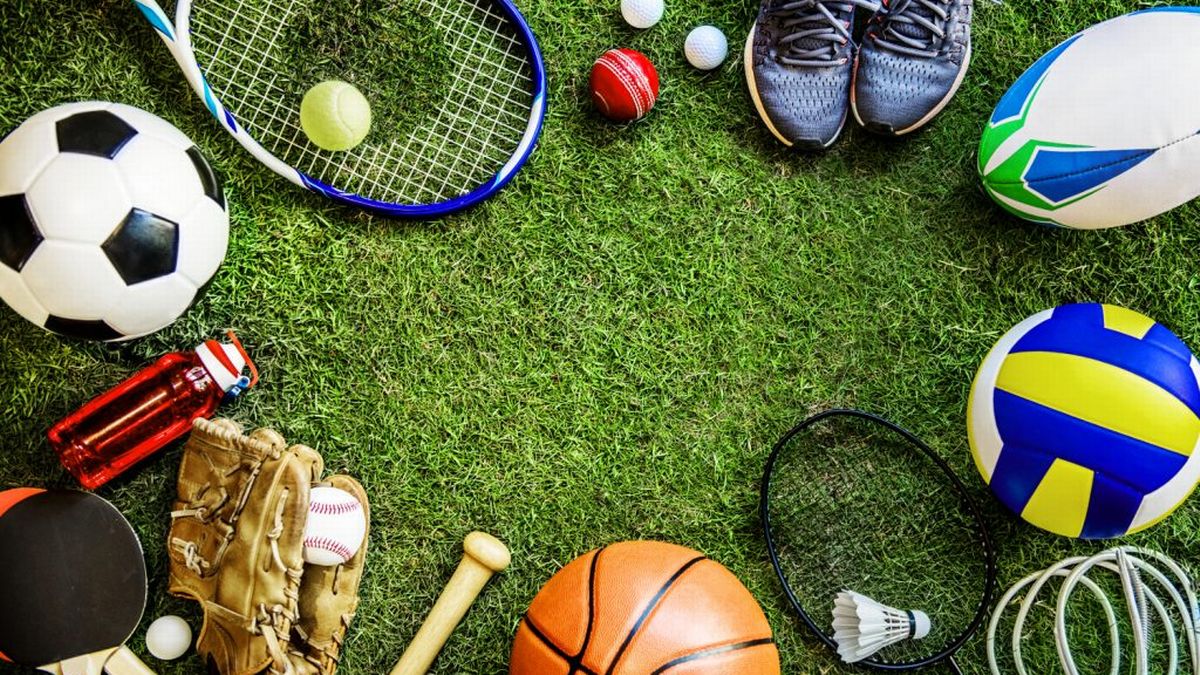![]()
Mongoose Group
The Manufactory
1 Alfred Mews
London
United Kingdom
W1T 7AA
Registered in the England and Wales.
Company No. 09527711
Popular links
- © 2025 Mongoose Ltd. All rights reserved.
- Cookies & privacy policy
- Site map
- Employee Privacy Notice

On the 26th of July 2020, BBC Sounds released a documentary podcast called “The most important, least important thing” in which Clare Balding explores why sports play such a crucial role in shaping our society; a more frequently asked question now the future of sport as we know it remains uncertain as a result of the pandemic.
Heather Reid, philosopher and author, believes we watch sports to view the courage, patience, and perseverance of athletes - their displays of excellence are an ideal of what we strive to be like. She considers the idea of the athlete to be somebody who does great things in order to raise other people’s spirits. Perhaps this explains why we as a nation have been watching back old sporting memories during lockdown. On the other hand, neuroscientist, Sophie Scott believes we watch sport for the possible thrill of reward; we as spectators are fascinated with the experience of victory and what it involves. However, we also enjoy the unpredictability of sport and not knowing what the outcome will be, and so we risk the possibility of disappointment for the potential release of dopamine when watching our team achieve something great.
Sport in the summer of 2020 involves artificial crowd noise, betting on entirely virtual events and the escalation of esports. Andy Miah, professor of science communication and future media at the University of Salford emphasises the growing importance of esports as humans begin to understand that we are able to live in these virtual worlds where sports remain able to act as a theatrical performance stage. During lockdown, for example, world-class athletes have been playing virtual versions of their sports which reinforces the fact that people can find meaning, value, and social relationships within a VR world. This also facilitates the changing relationship between player and spectator, who now both want to be a part of the production of sport. In formula one esports racing drivers can use a spectator boost to use the cheers of their fans to enhance the performance of the car during the race, so in this case the fans contribution actually effects the outcome.
2020 has also seen athletes use sport as a platform to speak out and reflect issues, inequities, and social injustices and provide a voice for the voiceless. For example, over lockdown Marcus Rashford led a successful campaign for free school meal vouchers for children from low-income families. This shows us that athletes can speak to us in ways that politicians cannot and shows that sport itself can bring together different ways of seeing the world thus encouraging respondence, reaction and change. Perhaps this is why we associate sport with a strong sense of community and togetherness that is fundamental to us as humans.
Therefore, while through our work we have seen sport prove itself of enduring value through commercial propositions, marketing opportunities and fan engagement, the true value is so much more as athletes, fans, and sporting establishments alike continue to think, speak, listen and come together to use sport as a platform to inspire and provide us with a source of light and positivity. So, while is it unknown what the future of sport will look like we believe that it is here to stay.
Got a question, enquiry or fancy joining Team Mongoose? We’re always looking for new additions to the Mongoose burrow. Are you a hungry & motivated sales person or passionate & energetic activation specialist? We’d love to hear from you.
![]()
Mongoose Group
The Manufactory
1 Alfred Mews
London
United Kingdom
W1T 7AA
Registered in the England and Wales.
Company No. 09527711
Mmm, Cookies. We love cookies, so much so we use them on our site to help us improve our users experience. By clicking Agree you consent to our cookies. To find out more visit out Cookies Policy.
AGREE